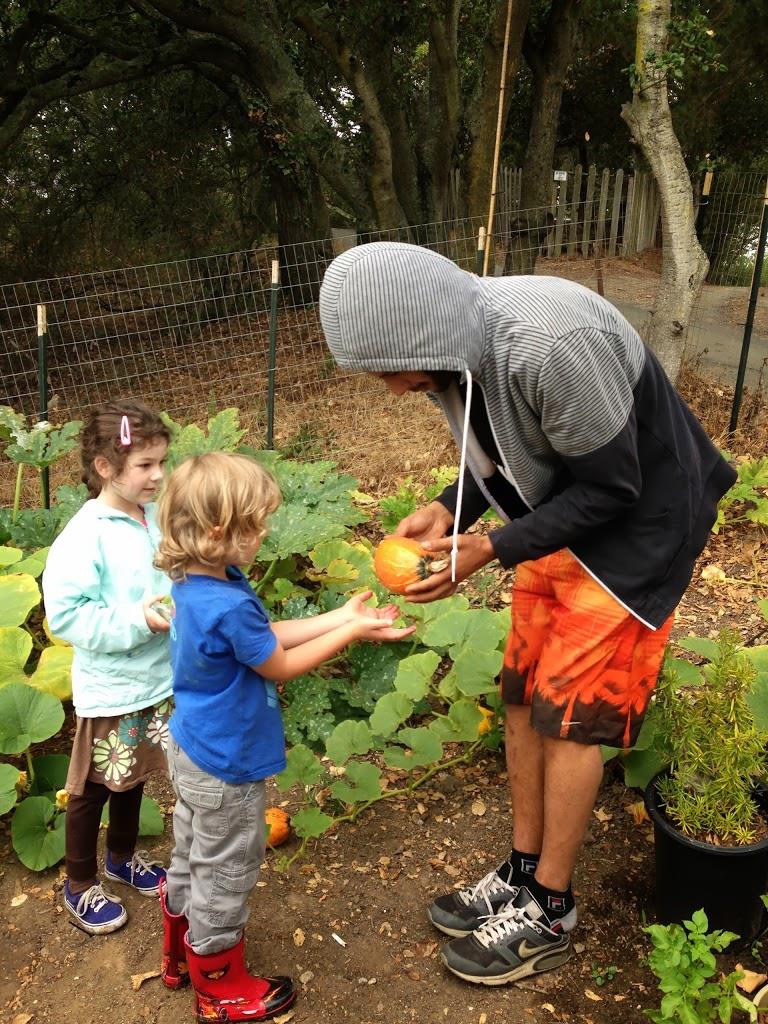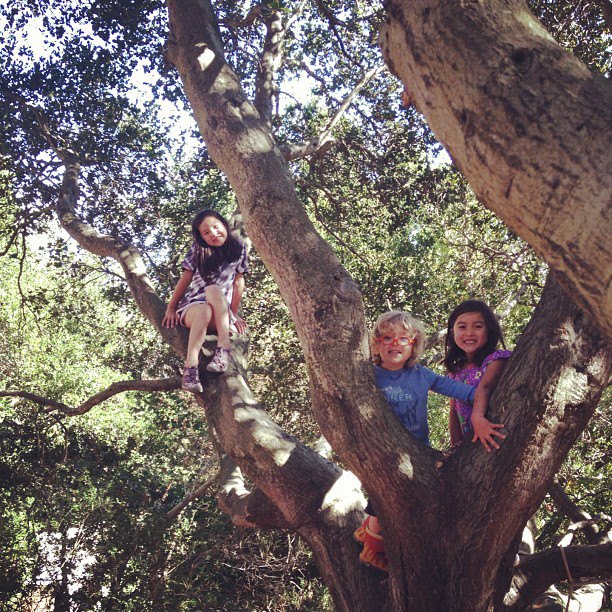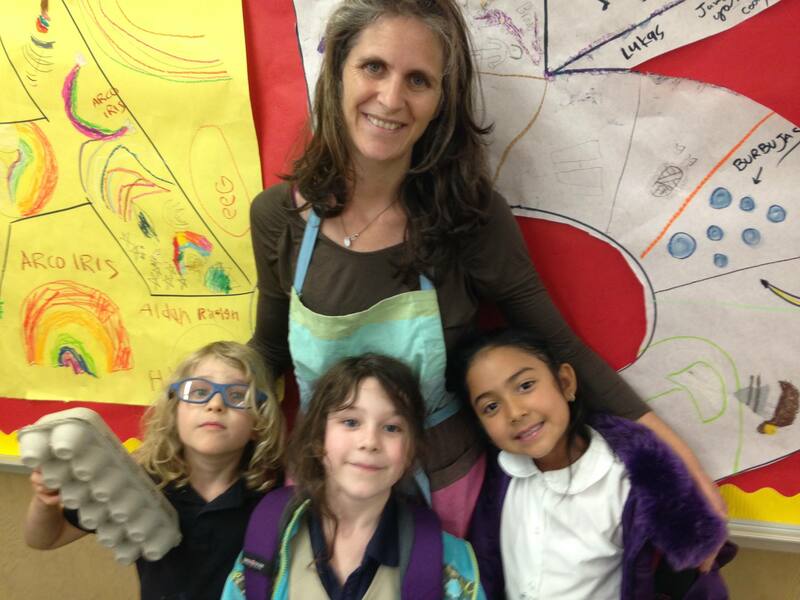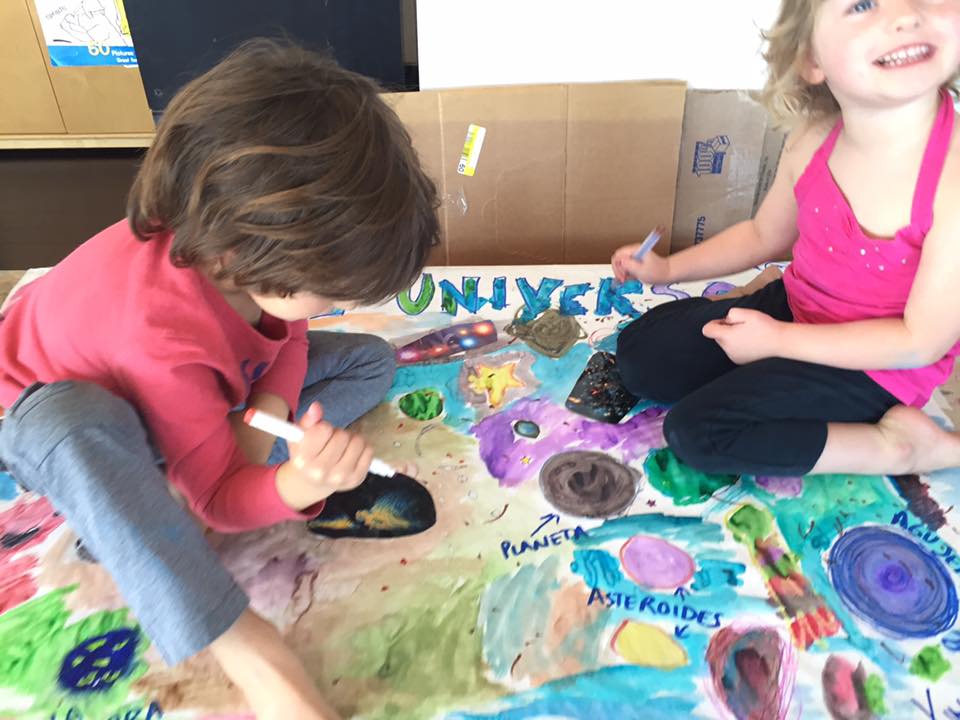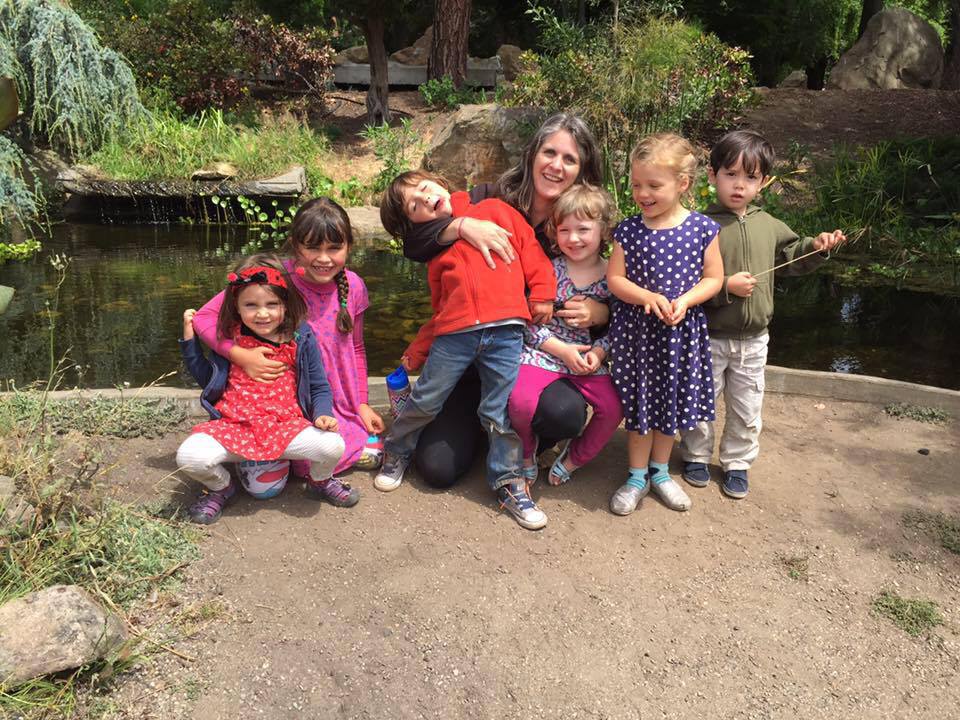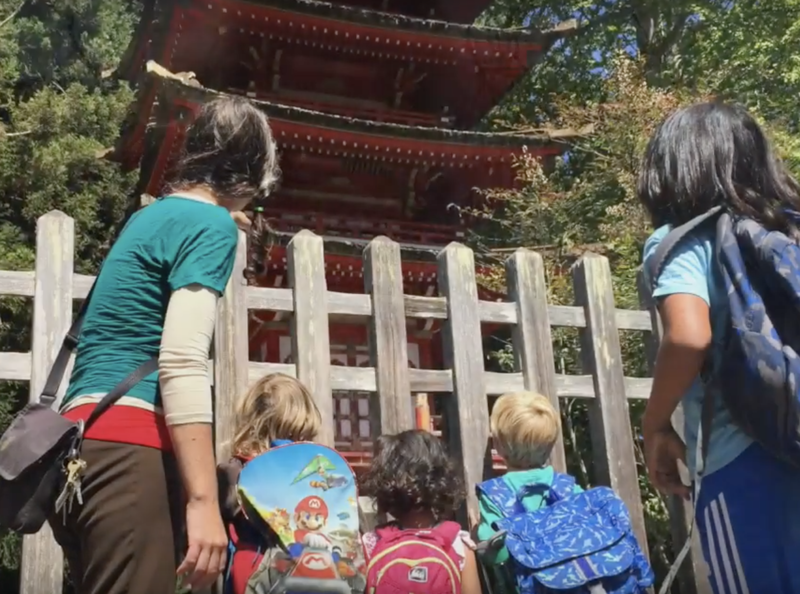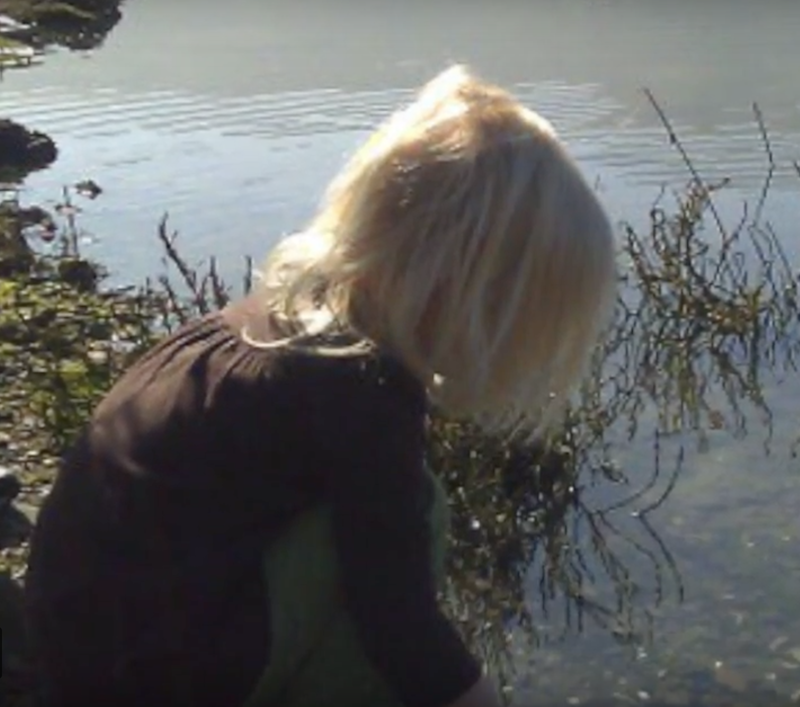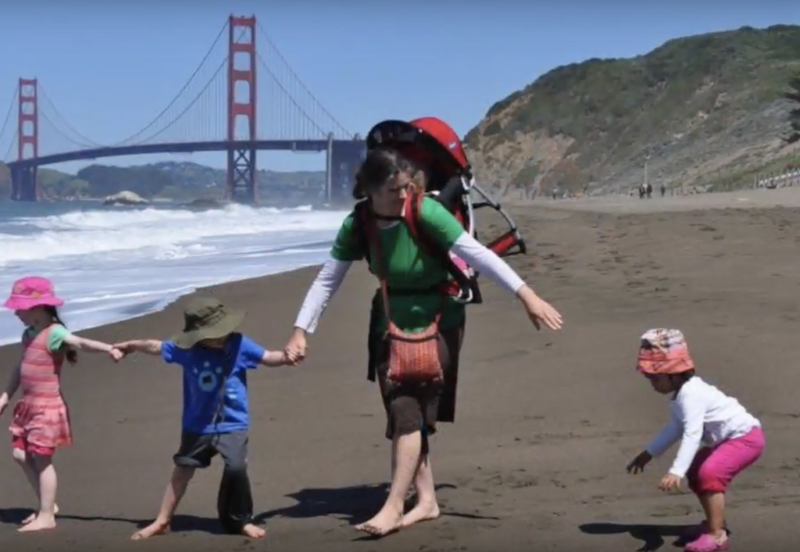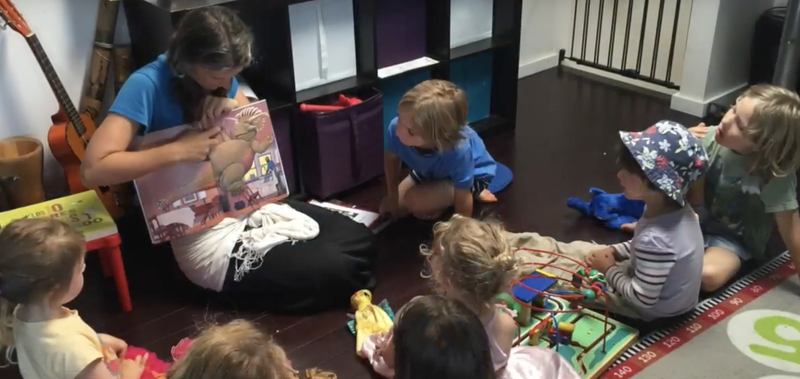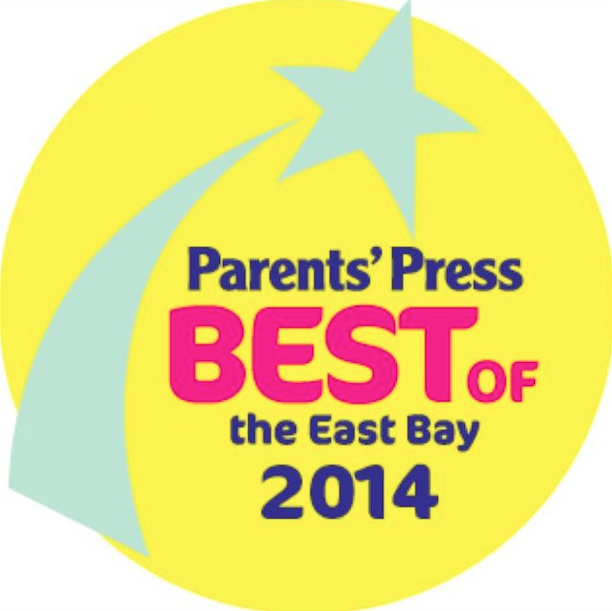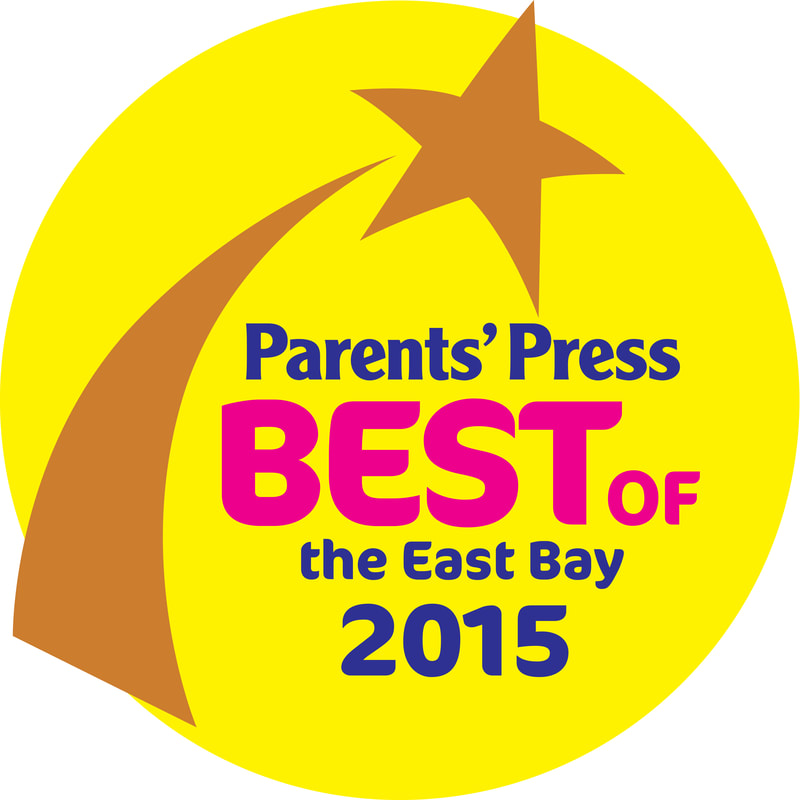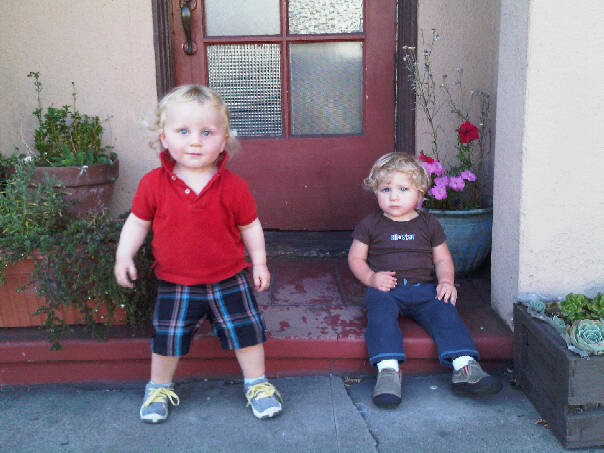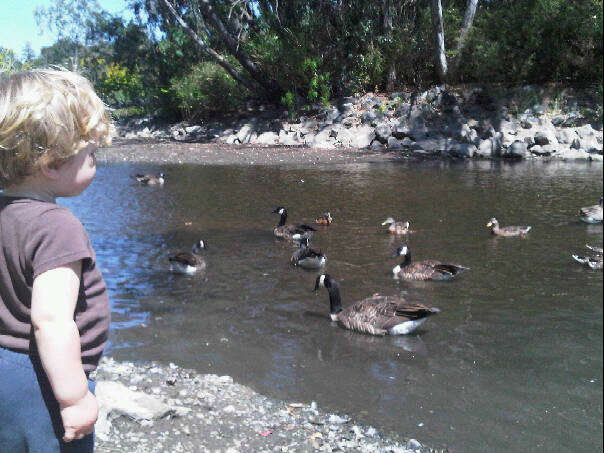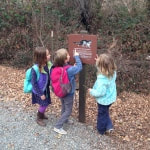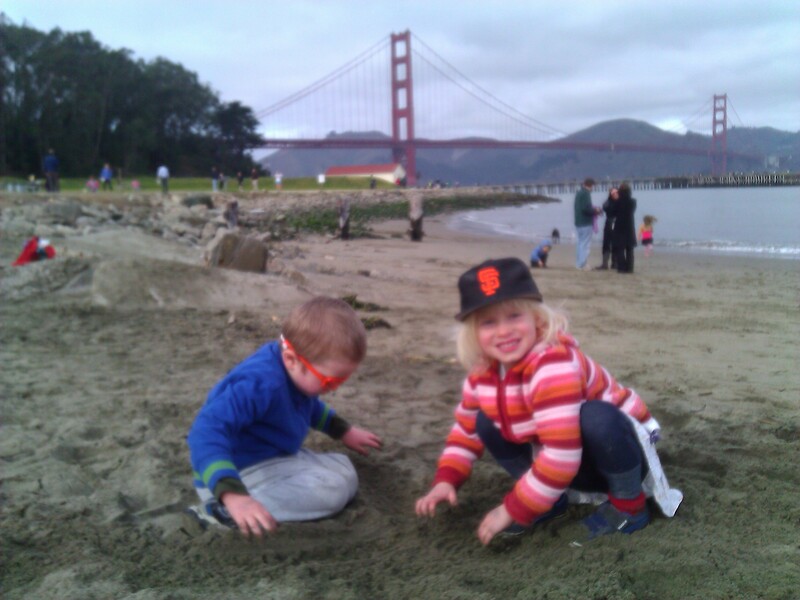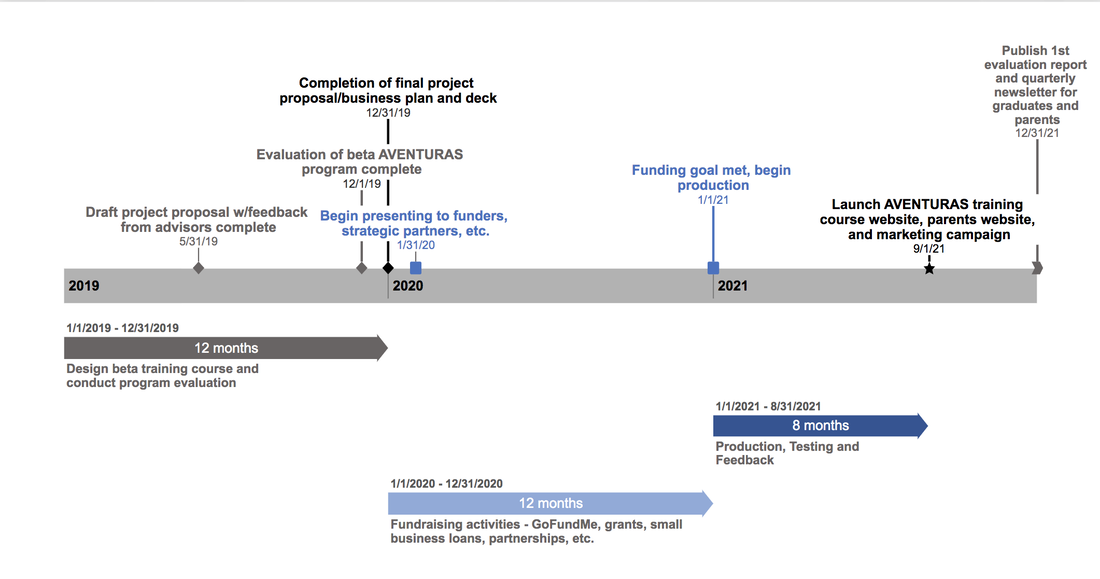|
Objective: To advance peace and prosperity for ALL by nurturing 21st-century soft skills in our future citizens and leaders - through an easy-to-learn and scalable early childhood Spanish immersion program called AVENTURAS. The goal is to train at least 1,000 Spanish-speaking individuals in the AVENTURAS curriculum and approach, and through them, reach at least 5,000 children over the next ten years.  Gap Analysis: Dr. Tony Wagner states in his book, The Global Achievement Gap, that there is an increased need for 21st-century employees who are adaptable to change, flexible, who can communicate effectively, and who can work collaboratively in diverse teams (Wagner, 2008). Today's rapidly changing world make these essential survival skills for today's work landscape and for personal and social life too. In effect, being able to adapt among rapid cultural, political, and environmental changes are essential for personal, community, and international peace and prosperity. And if ALL people deserve to live joyful, healthy, prosperous, and peaceful lives, then more must be done to nurture these, and other essential "soft" skills, like empathy and open-mindedness, in our next generation of citizens, so they can more easily achieve this ideal in their own lives and for our collective future. 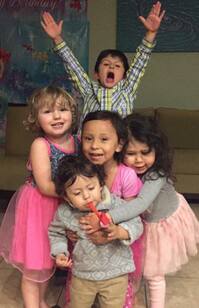 Most early childhood education specialists agree that the period from birth through eight years of life are “critical for cognitive, social, emotional, and physical development” (UNICEF, 2013). During this early period of life, inner skills like adaptability and open-mindedness can be learned much easier and the impacts can last a lifetime. Interestingly, studies are increasingly showing that exposure to a second language in the first eight years of life modifies the brain in ways that nurture the 21st-century essential survival skills that Dr. Wagner and many educators and social programs are trying to foment in individuals later in life. These studies suggest that adaptability to change, creativity, and comfortableness with diversity are enhanced with early second language exposure. A 2018 dissertation study by Dora Jung and her team looked at the relationship between bilingualism and the development of "soft" skills. They found that students who had been in a Spanish immersion program during elementary school “showed higher development of emotional intelligence and problem-solving skills” (Jung, Curtin, Maher, & Messick 2018). A 2010 study on the effects of bilingualism on personality found that multilinguals (as defined by knowing two or more languages), scored “significantly higher on Open-mindedness and marginally higher on Cultural Empathy” than monolinguals, as per the Multicultural Personality Questionnaire that the researcher used (Dewaele, 2010). And a 2015 psychology study from the University of Chicago found that “not only those who were fluent in another language but those that were merely ‘exposed’ to one in early life showed better understanding of others” and that “multilingual exposure may promote effective communication by enhancing perspective taking.” (Fan, Liberman, Keysar, & Kinzler, 2015). These findings suggest that early second language exposure can significantly help children develop adaptability, open-mindedness, flexibility, empathy, creativity, and problem-solving. One way to provide second language exposure to more children in the first eight years of life is through childcare providers, parents, afterschool programs, and summer camps. It is not uncommon for many young children in the U.S. to spend time with a childcare provider or in a camp or enrichment program. In California alone, there are 1,766,378 children under the age of six potentially in need of childcare (Childcare Aware, 2018). And many parents in rapidly changing regions, like the San Francisco Bay Area, are realizing the 21st-Century neurological and cultural advantages of bilingualism and are looking for second language immersion programs for their babies and young children, and finding themselves competing for limited spots, dealing with lotteries, and sitting on long wait lists, due to the lack of options and providers (SF Gate, 2005). Enter the AVENTURAS Spanish immersion program. AVENTURAS is an experiential Spanish immersion program that I produced successfully over eight years in the San Francisco Bay Area, under the brand of Conexiones Institute, a peace education organization I founded in 2001 and which co-owns and operates a year-round summer camp on a 150-acre organic farm and rainforest park in Costa Rica. AVENTURAS is a much simpler program and provides an easy way to teach Spanish to young children by connecting them to the natural world, their communities, themselves, and creative expression. Over the eight years that I produced it, I adapted and piloted it successfully for different childcare and education settings, including nanny shares, home daycares, camps, after school enrichment programs, homeschooling coops, and classes for preschools and elementary schools. AVENTURAS won multiple parent’s awards, such as Parent’s Press Best of the East Bay in the categories of language immersion program, daycare, and summer camp for several years in a row.
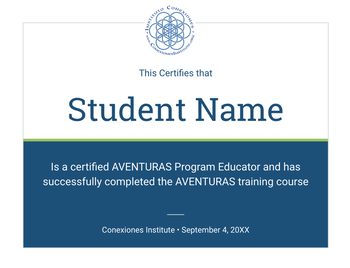 Graduates of the online training course would receive an "AVENTURAS Educator" certificate and can begin using the AVENTURAS curriculum right away in their work with children. Spanish-speaking parents and teachers could use this training to offer an after school or summer Spanish program at their school. In addition to the training course, trainees will have easy access to lesson plans, early child development information, curricular guidance, an ongoing chat with other graduates, and links to resources and materials. To increase accessibility to the training, it will be offered in Spanish and delivered through a cell-phone friendly multimedia format. Parents will have access to a bilingual AVENTURAS Guardian Handbook website, which will allow them to follow along on their child’s language journey, read about the long term benefits of this type of education, and access ideas on how they can participate in and enhance their child’s 21st-Century educational journey. Motivation: My experience growing up in war-torn El Salvador has made me a mission-driven individual from a young age focused on advancing peace and prosperity for ALL. After twenty years of applied research and experience in creating and producing peace and sustainability education programs, from the board room to early childhood education environments, I am a firm believer that the ideal of peace be advanced through early education programs that help develop the 21st inner skills necessary to build a more peaceful and prosperous world for all. The focus is on training and building capacity to reach many more children than I and the small Conexiones Institute team of trained educators can reach. Through an online training course, the AVENTURAS program can be learned by more individuals who work with young children, and thus, this type of early childhood education can be scaled up significantly and have a positive impact on the diverse communities where it is offered. AVENTURAS is the program of choice for replication because it is extremely easy to learn and carry out, requires few materials, and was highly rated, desired, and well-paid by the San Francisco and East Bay communities during the eight years that I offed it (2008-2016). It can be delivered online in a very flexible and multimedia format, making it ideal for the current workforce who are already providing childcare to thousands of babies, tots, and young children in the U.S. Evaluation: The extent to which the training program’s goals are achieved will be measured through various means: The analytics of the website hosting the training course will track the number of people who take the course, the number of views of different video training modules, the number of exams that are completed and passed, scores, the number of individuals who began the course and ended it, and the number of graduates. In addition, all graduates, and those who did not complete the course, will be sent a survey upon completing their training or after 2 months of inactivity, with open ended qualitative questions and quantitative questions with a Likert scale to assess their level of satisfaction with the course, what can be improved upon, and projected use of the AVENTURAS program. The initial survey will also gather general demographic data and information about the city where they work, and the number of children they serve on average per year. Three months after the course is completed, there will be the first of follow-up surveys for all certified AVENTURAS educators. After the initial three months, the surveys will go out automatically twice per year through email and text. This follow-up survey will include an opportunity for graduates, to share their experiences with implementation or continual use of the program, provide information on how many children they have served, and update their demographic information. The website for the parents of students of the AVENTURAS program will also collect analytics like the number of visitors, number of members, the number of views of our videos, and the number of downloads of different vocabulary sheets and complementary materials that go along with the curriculum. It will also have an ongoing active window where parents can fill out a quick survey with qualitative and quantitative data points where they can share their experiences with the program, rate the program on a Likert scale, and share demographic information on how old their children are, where they live, who their AVENTURAS teacher is, and their peak experience testimonials. Parents who are members agree to receive occasional emails and they will receive this survey once a year through an automated process. What will be done? Production and publication of an online training course in the AVENTURAS approach and curriculum for Spanish-speaking childcare providers, parents, and teachers in order to bring more second language immersion early childhood education to more children. When will it be done? 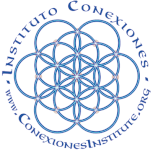 By December 31, 2019, the first draft/demo of the course will be completed. From January 2020 to December 2020, Newton outreach to strategic partners, such as the Childcare Resource and Referral Agencies of the San Francisco Bay Area, the Mexican, Salvadorean, and Spanish consulates, and Latinx women's groups and engage in fundraising activities will fundraise, write grans and apply for small loans. From January 2021 to September 2021, the course will be produced and the necessary websites will be designed, tested, and automated. The launch of the online course and parent's website will occur in September 2021 during the annual City Kids Fair organized by the Children's Council of San Francisco or similar event, at which point, the marketing campaign will be launched. Who will do it? Kimberly Newton, creator of AVENTURAS and a seasoned educator and curriculum writer of over twenty years, is spearheading this initiative to bring this training into fruition until funding is secured. At which point, the following partners will step in to lead and direct their areas of expertise: Conexiones Advisory Board members: A cohort of educators, alumni parents, and educational leaders sit on the Conexiones advisory board and are poised to look over the curriculum that is being produced and give their advice and recommendations, especially with regards to theory, content, practice, and alignment with the UN's Sustainable Development Goals and the Paris Climate Change Agreement. Other advisors include experts in scaling through technology, strategic direction, and dissemination.  Wikreate international marketing firm - with offices in Spain and San Francisco and over 30 years in the cross-cultural marketing space, Wikreate is a 360 degree solution for anything related to website design and maintenance, graphic design, branding, promotions, marketing, public relations, and strategic outreach with partners such as the Mexican and Spanish Consulates. Their studios will also be used for creating and editing high quality videos, audio engineering the modules, etc. How will you determine if you are making successful progress? Successful progress towards the launch of the training course will be measured by how much of the course has been built and by how many minutes of video have been produced and published on YouTube. Simultaneously, by how well it is being received in its first rounds of advisement from advisory board members, feedback from past Conexiones educators, and exploratory conversations with local Childcare Resource and Referral Agencies, a key partner for this initiative. Once fundraising begins, success will be measured by how many grant applications and loan proposals are submitted and ultimately, by how many come back with a positive response to fund a more professional and publishable edition of the training course with proper marketing and diffusion campaigns to get it out into the world. Sources: Childcare Aware (2018), Child Care Aware of America’s 2018 State Fact Sheets. Retrieved from https://usa.childcareaware.org/wp-content/uploads/2018/08/2018-state-fact-sheets.pdf on April 22, 2019. Dewaele, J.M. & van Oudenhoven, J.P. (2009). The effect of multilingualism/multiculturalism on personality: no gain without pain for Third Culture Kids? International Journal of Multilingualism, 6(4), 443-459. Fan, S., Liberman, Z., Keysar, B., & Kinzler, K. (2015). The Exposure Advantage: Early Exposure to a Multilingual Environment Promotes Effective Communication. Psychological Science, 26(7), 1090-1097. Jung, D., Robinson, Derrick, Curtin, Susan, Maher, Brian, & Messick, Diana. (2018). Relationship between Bilingualism and the Development of Soft Skills, ProQuest Dissertations and Theses. SF Gate (2005). Bilingual, baby! / Many parents want nannies fluent in another language to help tutor their tots. Retrieved from https://www.sfgate.com/bayarea/article/Bilingual- baby-Many-parents-want-nannies-2592560.php on April 15, 2019. UNICEF (2013). The Formative Years: UNICEF’s Work on Measuring Early Childhood Development Brochure. Retrieved from https://www.unicef.org/earlychildhood/files/Brochure_- _The_Formative_Years.pdf. Retrieved on April 15, 2019. Wagner, T. (2008). The global achievement gap: Why even our best schools don't teach the new survival skills our children need--and what we can do about it. New York: Basic Books.
1 Comment
Alex Gonzalez
5/16/2019 09:26:12 am
Kimberly,
Reply
Leave a Reply. |
|
Photo used under Creative Commons from Mike J Maguire
